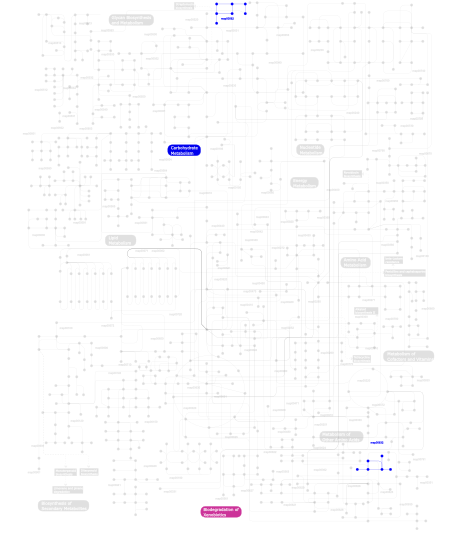The domain within your query sequence starts at position 894 and ends at position 944; the E-value for the ZnF_GATA domain shown below is 3.95e-16.
RGSGVFCANCLTTKTSLWRKNANGGYVCNACGLYQKLHSTPRPLNIIKQNN
ZnF_GATAzinc finger binding to DNA consensus sequence [AT]GATA[AG] |
|---|
| SMART accession number: | SM00401 |
|---|---|
| Description: | - |
| Interpro abstract (IPR000679): | This entry represents GATA-type zinc fingers (Znf). A number of transcription factors (including erythroid-specific transcription factor and nitrogen regulatory proteins), specifically bind the DNA sequence (A/T)GATA(A/G) [ (PUBMED:2249770) ] in the regulatory regions of genes. They are consequently termed GATA-binding transcription factors. The interactions occur via highly-conserved Znf domains in which the zinc ion is coordinated by four cysteine residues [ (PUBMED:2776214) (PUBMED:8332909) ]. NMR studies have shown the core of the Znf to comprise two irregular anti-parallel beta-sheets and an alpha-helix, followed by a long loop to the C-terminal end of the finger. The N-terminal part, which includes the helix, is similar in structure, but not sequence, to the N-terminal zinc module of the glucocorticoid receptor DNA-binding domain. The helix and the loop connecting the two beta-sheets interact with the major groove of the DNA, while the C-terminal tail wraps around into the minor groove. It is this tail that is the essential determinant of specific binding. Interactions between the Znf and DNA are mainly hydrophobic, explaining the preponderance of thymines in the binding site; a large number of interactions with the phosphate backbone have also been observed [ (PUBMED:8332909) ]. Two GATA zinc fingers are found in the GATA transcription factors. However there are several proteins which only contains a single copy of the domain. |
| GO process: | regulation of transcription, DNA-templated (GO:0006355) |
| GO function: | zinc ion binding (GO:0008270), sequence-specific DNA binding (GO:0043565) |
| Family alignment: |
There are 16722 ZnF_GATA domains in 13069 proteins in SMART's nrdb database.
Click on the following links for more information.
- Evolution (species in which this domain is found)
- Cellular role (predicted cellular role)
- Literature (relevant references for this domain)
- Disease (disease genes where sequence variants are found in this domain)
- Metabolism (metabolic pathways involving proteins which contain this domain)
- Structure (3D structures containing this domain)
- Links (links to other resources describing this domain)



























